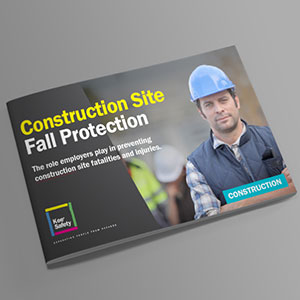
Most deaths in the construction industry historically have been caused by falls (one-third of all fatalities). The purpose of this article is to provide employers with a better understanding of the standards and rationale for the fall protection standards in construction.
Sponsored by Kee Safety
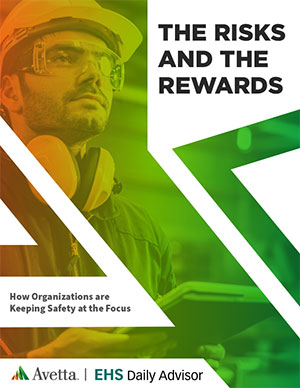
“The Risks and the Rewards” survey from Avetta and EHS Daily Advisor was launched in May and gathered the insight of 106 environment, health and safety professionals about how their organizations handle risk management and mitigation.
Sponsored by Avetta®
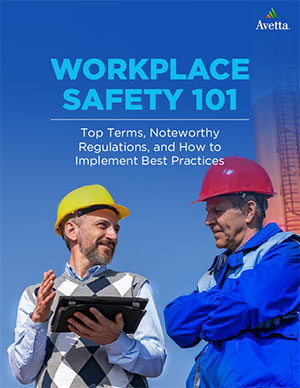
According to the International Labor Organization (ILO), the economic cost of unregulated occupational health and safety practices is estimated to be close to 4% of the yearly global GDP which is around $3 trillion. Businesses around the world are paying a steep cost on workplace incidents and safety hazards. To mitigate damages, organizations must ensure all personnel and equipment always work within the purview of prescribed guidelines. However, like everything else, the journey toward achieving complete workplace safety starts with awareness and education.
Sponsored by Avetta®
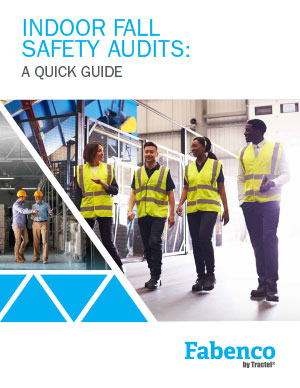
How safe is your facility? Download “INDOOR FALL SAFETY AUDITS: A QUICK GUIDE” and learn about the four key areas that require fall protection according to the latest OSHA Regulations.
Sponsored by Fabenco by Tractel®
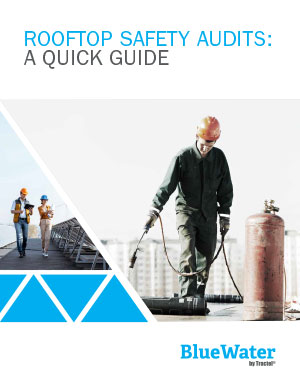
Whenever there are employees or contractors on your roof, you are responsible for their safety. Download this informative guide and you will learn about the latest OSHA regulations associated with rooftop safety and discover how to mitigate potential risks at your facility.
Sponsored by BlueWater by Tractel
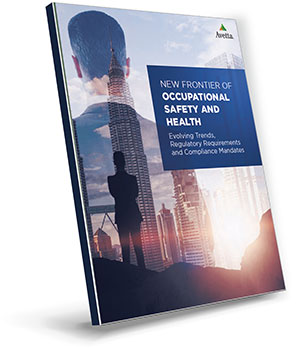
Over the past five decades, the Occupational Health and Safety (OHS) industry has made great strides in improvement, in line with a more robust regulatory and legal framework that drives organizations to establish safer practices. However, evolving risks continue to challenge what makes established global OHS standards most effective.
Sponsored by Avetta®
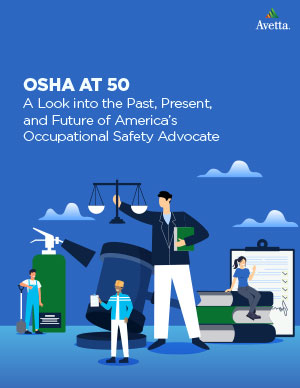
Since time immemorial, the precarious nature of work has ensured that the prevention of injury and death has always existed in some form or the other. As we celebrate the 50th anniversary of OSHA, it is important to know how the occupational safety and health movement began worldwide. Such a history will only highlight the connections between the concerns of workers past and present, and prepare us for a better, safer future.
Sponsored by Avetta®

No matter your industry, there’s a good chance Federal and/or State OSHA requires your business to have written safety plans. Find out how these regulations apply to your organization with this informative whitepaper from J. J. Keller — the nation’s leader in safety and regulatory compliance for nearly 70 years. DOWNLOAD IT FOR FREE TODAY and make sure you’re ready should OSHA come calling!
Sponsored by J. J. Keller & Associates Inc.

Businesses today realize that transitioning to a fair, responsible, and sustainable economy is the biggest and most pressing need. This is especially true given the current global socio-economic and political scenario.
Sponsored by Avetta®
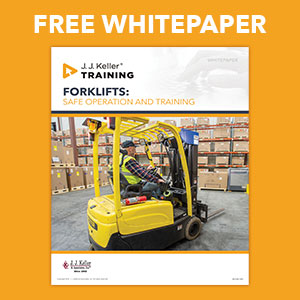
Powered industrial trucks (PITs) like forklifts are widely used throughout many industries, but they can also cause serious injuries. This free whitepaper features easy-to-implement guidance from J. J. Keller’s experts to help keep businesses and their employees safe around PITs. This includes essential information on PIT hazards, compliance with OSHA’s PIT Standard, operator training, and much more. Download your FREE copy today!
Sponsored by J. J. Keller & Associates Inc.